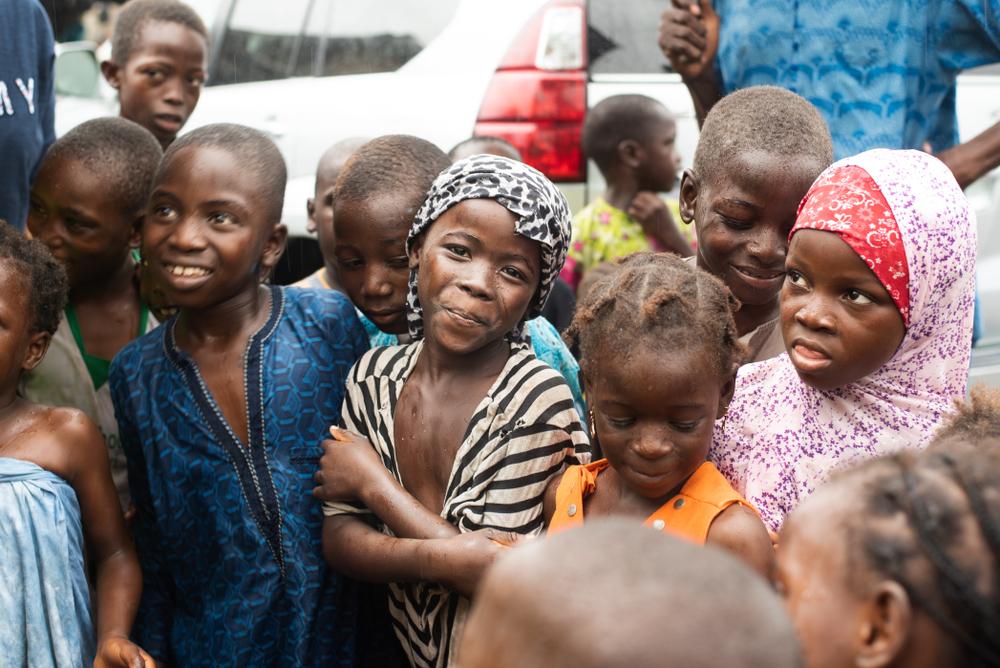
It is not a mere coincidence that Allah ﷻ speaks about kindness towards the orphans alongside mentioning kindness towards ones parents and when he says:
“They ask you (O Muhammad ) what they should spend. Say: Whatever you spend of good must be for parents and kindred and orphans and al-Masakin (the poor) and the wayfarers, and whatever you do of good deeds, truly, Allah knows it well.” (Qur’an, 2:215)
Revealed at a time when the orphan was an overlooked or ignored member of society. Through our beloved Messenger (ﷺ) arrived, Allah ﷻ elevated the status of this helpless individual by commanding:
“Therefore, treat not the orphan with oppression.” (Qur’an, 93:9)
The Sunnah of our beloved Messenger (ﷺ) shows that we should show the same level of care and concern for the well-being for any orphan we take into our care like that shown for the physical, mental and emotional well-being of our children and our parents. This was the situation in the traditional Muslim world. Traditionally there were no orphanages and instead, orphans were given to individuals who would love and care for them as they would for their own children.
It is a result of such care and devotion that gave rise to the likes of Imam Shafi’i, Imam Bukhari and Imam Suyuti (may Allah have mercy on them all), all of whom were orphans, well taken care of by a loving and generous community.
This culture of caring for the orphan came about from the teachings of our beloved Prophet Muhammad (ﷺ) who was himself an orphan. Allah ﷻ says in the Qur’an:
“Did He not find you (O Muhammad) an orphan and gave you a refuge?” (Qur’an, 93:6)
Once a person came to the Prophet (ﷺ) and complained of grief and sorrow. The Messenger of Allah (ﷺ) advised him to stroke the head of an orphan and told him through this simple act, he will find tranquillity in his heart. We learn from this that it is not enough to simply feel sympathy for an orphan, but rather the advice of “stroking the head” indicates that physical action must be taken. It refers to actually ensuring that the physical, emotional and educational needs of the orphan are well taken care of.
Thus, the question arises as to how we should practically answer this call of Our Beloved Habib, the Messenger of Allah (ﷺ), today. Allah ﷻ says in the Qur’an:
O you who have believe, respond to Allah and to the Messenger when he calls you to that which gives you life. (Qur’an, 8:24)
There are countless orphan care and sponsorship schemes, as well as programmes, but these are often within an orphanage setting where their mental and emotional well-being is all too often overlooked or simply not met. This is clearly evidenced in numerous studies which shows that failing to reintegrate orphans into society contributes to higher risk of social exclusion, becoming homeless, engaging with criminal activities and committing suicide.
This is where ILM has a ground-breaking and entirely unique solution whereby orphans are given a normal life and an opportunity to thrive. Each orphan will live with a fully trained mother and siblings in a home setting which provides their due rights, such as a warm bed to sleep at night, healthy food to eat, loving caretakers, clean clothes to wear, access to education and so on.
We must adopt a care and concern for each orphan like the care and concern we have for our own children and loved ones. We should make every effort to offer long term support to show them. It is in this heartfelt effort where the true sweet reward from Allah ﷻ lies.
Countless children have lost their parents and families, and it is now more than ever a call for those of us with abundant resources at our disposal to stand up and lend a hand. The Prophet (ﷺ) said, “the custodian of an orphan and I will be like this on the day of judgement”. He then showed his index and middle finger together with only a slight gap in between.
Therefore, what greater companionship, what greater honour could we ask for on the Day of Judgment than the companionship of Allah’s beloved? It is by answering his call and the commands of Allah ﷻ that we will ultimately unite with our Habib (ﷺ).
Please click here to support our Evergreen project.